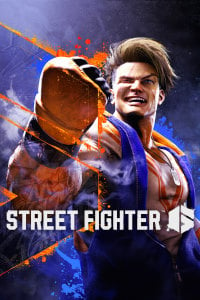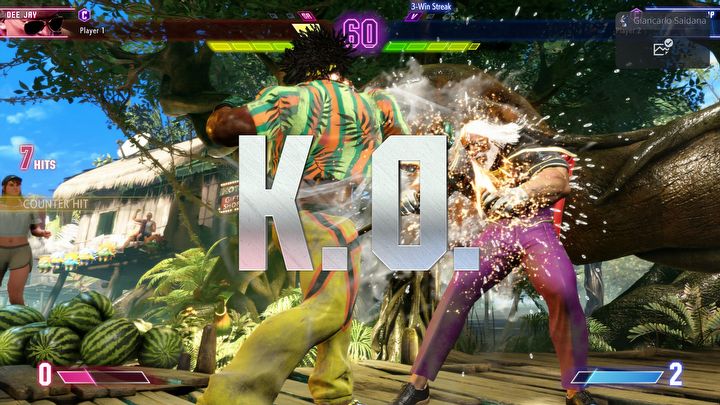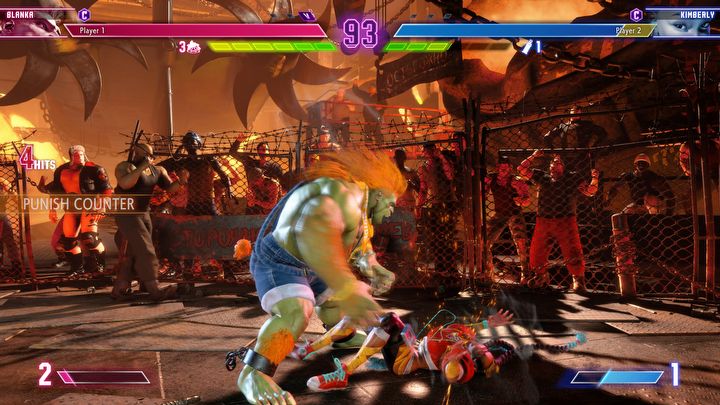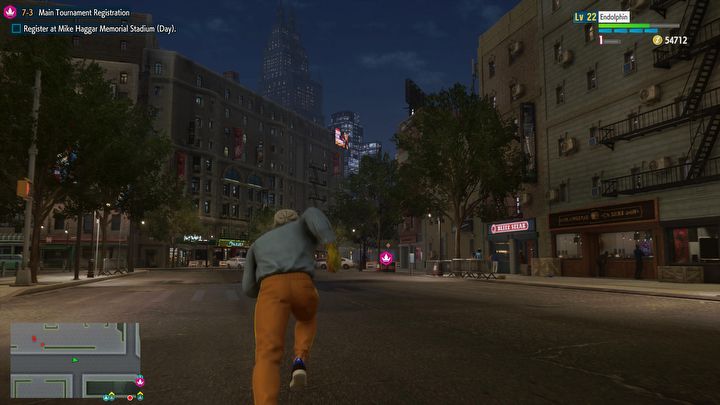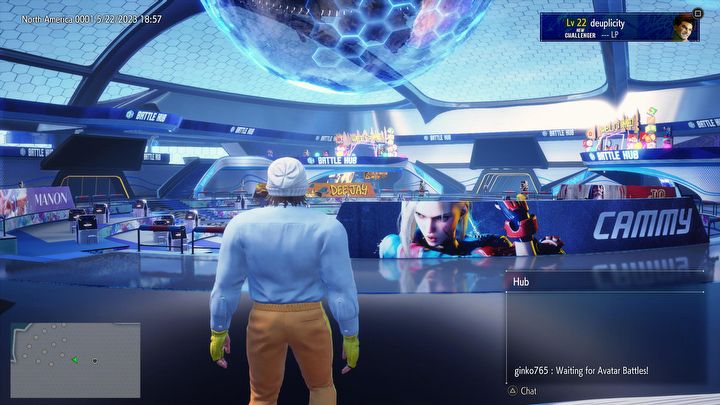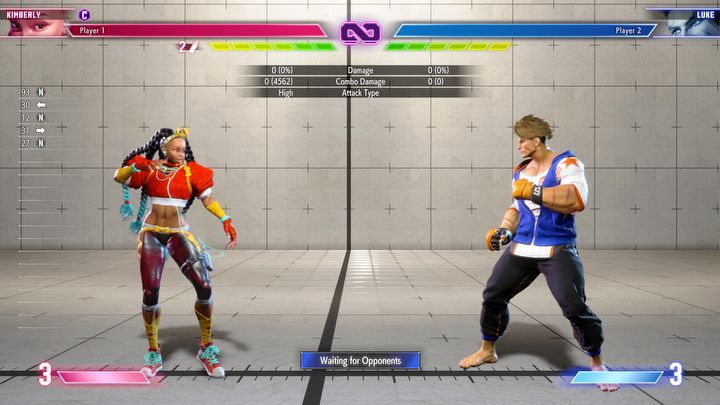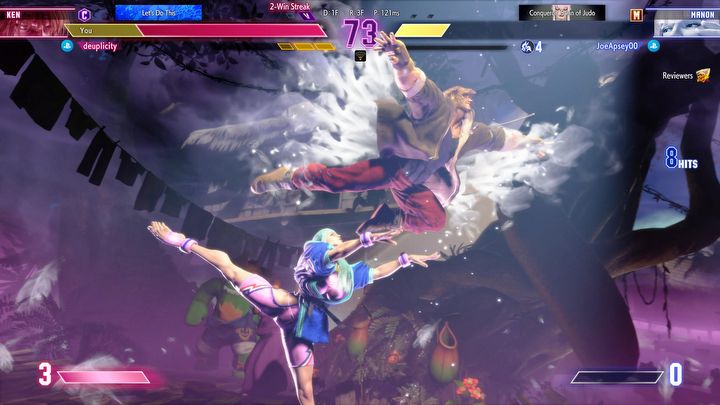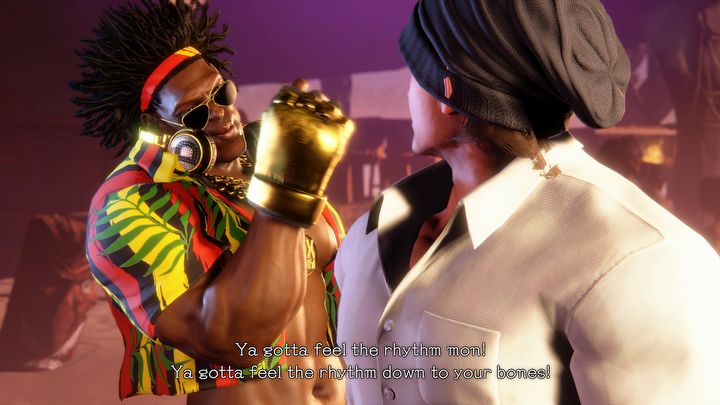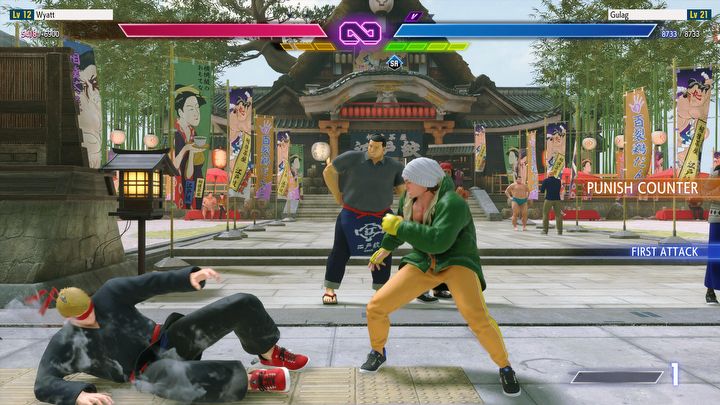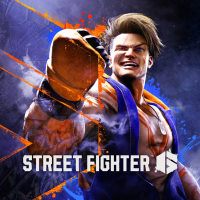Street Fighter 6 Review: Making an Impact
The classic series is back for another round better than ever with a plethora of new modes, a sleek new fighting game system, and that familiar in-your-face action fans keep coming back to for years.
The review is based on the PS5 version. It's also relevant to PC, PS4, XSX version(s).
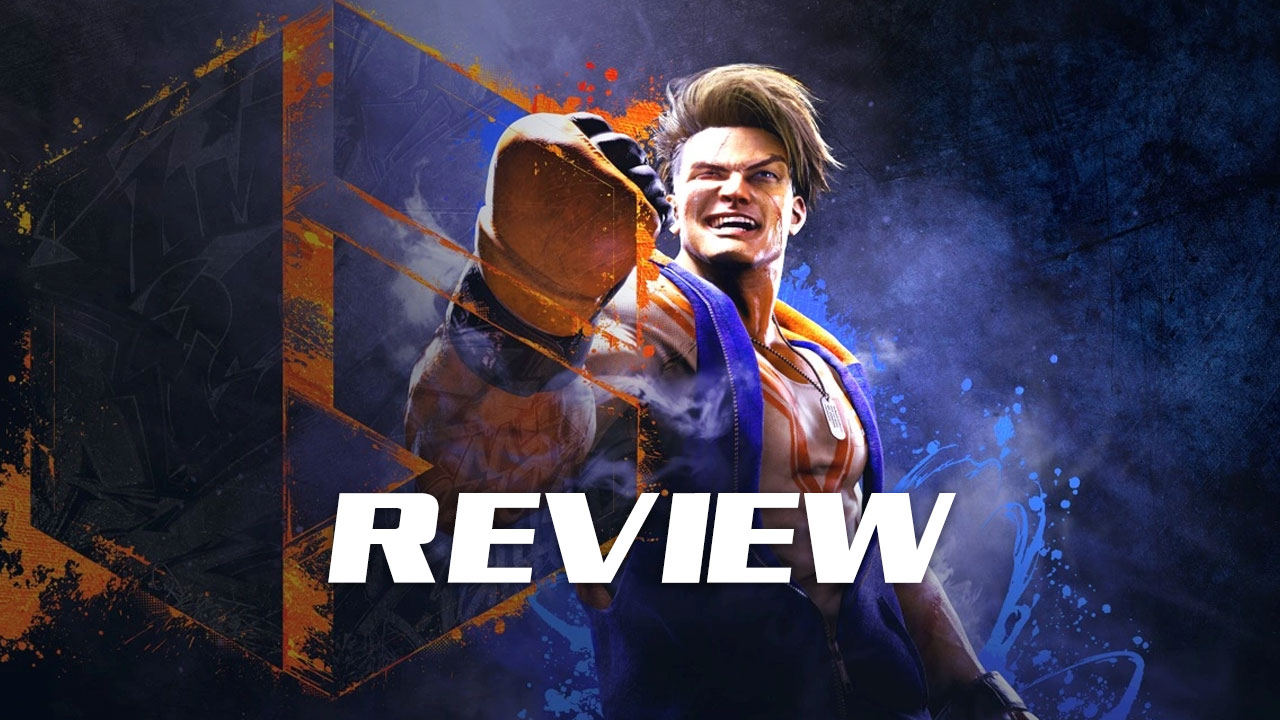
Nothing beats the rush you get when you manage to land a hit on your opponent, follow it up with some quick jabs that link together, and then perform a special move that wins you the match by a mere few health points. It’s this feeling that brings people back to fighting games, and it’s one aspect that the Street Fighter series keeps improving with every new entry.
From V-Triggers, to parries, to focus attacks – each main game may have a unique system that changes how you approach your opponent, but there is no denying the series continues to focus on the same tried-and-true mix of quick combos, meter management, and in-your-face action. Learning from its past mistakes and successes, Street Fighter 6 feels like the culmination of the series and offers both veterans and newcomers a new system, a plethora of additions, and buttery-smooth gameplay that keeps the spirit of the series burning strong.
- Drive system offers tons of versatility and feels fun and fluid;
- Existing characters have received updates making them feel new yet familiar;
- Plenty of modes for both veterans and newbies to enjoy;
- Buttery-smooth netcode.
- World Tour can feel like a grind;
- Commentators sound fine at first but soon need to be turned off.
Fighter for All
One of the ways Street Fighter 6 establishes itself as a game for everyone is with some subtle changes to how you choose to play it. Take its controls, for example. The game includes Classic, Modern, and Dynamic styles that completely change what your inputs do. Classic gives you the traditional low, medium, and high attack options but Modern simplifies things and cuts your possible inputs in half and makes special moves easier to pull off without memorizing specific input directions akin to a Smash Bros. game. Dynamic makes it even easier and chooses what attack you do depending on your distance from the opponent and unleashes it when you mash a button.
Of course, these two additional control styles make the game more accessible for anyone who isn’t familiar with the series or for players who are just starting out. You can’t select Dynamic when you fight others online, and Modern doesn’t give you full access to a character’s move list either, but both styles give you the chance to practice what moves look like and when to best use them before you get battle-ready. For a game that is normally geared towards a community that thrives in intricate combos and set-ups, these new styles are great starting points for anyone wanting to join.
Another interesting addition to the series is World Tour, a first for the series that gives you an open-world RPG and the ability to create your own fighter. Capcom didn’t have to include this mode, and without it, the core fighting game would have been just fine on its own. But in doing so it not only adds a whole 20 hour single-player experience into the mix but also gives a wide range of players something else to do besides just focusing on 1 Vs. 1 matches.
World Tour is a very lighthearted, goofy mode to say the least. You start off by creating whatever character you want and go on missions throughout Metro City and international locations that eventually let you meet up with the roster’s World Champions. The game has a distinct Like a Dragon feel to it so you will often get jumped by goons at night or need to complete bizarre tasks like tracking down a guy in dumpling outfit or beating up a gang that wears cardboard boxes.
Meeting the main roster also lets you become their student and learn their attacks to add to your player’s move list. You can make a fighter equipped with Chun-Li’s Spinning Side Kick, Ken’s Tastumaki, and Dee Jay’s Air Slasher while wearing a Blanka suit if you want. It makes for a Frankenstein-like character creator, but also gives players the chance to experiment with combinations that wouldn’t normally go together.
You need to get into lots of fights if you want to gain experience points to level up and unlock new moves so World Tour can feel like a drag if all you are doing is picking fights with random NPCs hoping for some extra spending money, new shirt to wear, or just enough points to reach the next level. You also have to wait until you progress through enough of the game if you want to meet the character you want to learn from. Its plot is rather insipid and nothing too eye-catchy to write home about, which goes to show you World Tour is meant more like a light introduction to the world of Street Fighter and shouldn’t be taken too seriously. It’s a great addition that changes up your usual online or arcade matches, but it’s perhaps the weakest mode the game offers despite its possible potential.
Drive to Win
While Street Fighter 6 may make the game feel open to all kinds of new players, its core fighting system is as intricate and as strong as ever. In fact, this new Drive system offers players with unlimited potential to dish out strong attacks right from the beginning and makes the game feel more aggressive while defensive at the same time. These changes give it a risk-reward feeling that still take some practice to master considering how quickly they can turn the tide of a fight when used right.
Your Drive meter is always visible under your health so you can see how many bars you have left for some cool moves like Drive Parry, Drive Impact, Drive Reversal, and Drive Rush. Parries, when pulled out at the right moment, let you absorb an opponent’s attack while giving you a few seconds to follow up with an attack. They’re great for avoiding projectile spammers and can even block entire multi-hit combos and Specials, making them insanely powerful defensive maneuvers. Conversely, Drive Impacts launch you forward, absorb some damage, and can leave the enemy stunned when backed into a corner. They take a few hits to defeat, but if you pull off a Drive Impact yourself, you will be rewarded for your quick-thinking and leave the enemy stunned instead.
Drive Rush lets you cancel moves to make certain combos flow into each other after special attacks. It’s a versatile move that lets you shorten the gap between you and your opponent but also offers you flexibility when pulling off combos that normally wouldn’t go together. Mix this with your Overdrive Specials, which are powered up versions of your character’s special moves, and you have plenty of tools to experiment with and master.
Of course, using up too many Drive commands can deplete your bar and leave you in a burnout state and vulnerable to quickly getting stunned and accruing chip damage. The risk is there for being offensive, but it’s an awesome feeling surviving Burnout mode by doing enough damage yourself, getting some Drive back, and making a comeback.
New Old Faces
As someone who enjoys playing mind games with my opponents, I have always had a soft spot for Blanka, a character known for his tricky moves and unpredictable set-ups. It’s no surprise that I first took to him when starting out in Street Fighter 6 and I quickly realized how different he felt from past games. His usual moves like Amazon River Run, Rolling Attack, and Double Knee Bombs were back, but some of his original moves received changes to how you input them. Instead of mashing the punch button to do Electric Thunder, for example, you now do a quarter circle back motion with a punch instead.
This is the case for the roster’s returning characters. Their moves may have changed slightly, but their original fighting style is still there. Ken is still a rushdown character, Zangief is still the main grappler, and Dhalsim will zone you all day long. However, these changes to their moves make them feel like new characters while still retaining what makes them unique and classic series staples.
On the other hand, new fighters like the Judo ballerina Manon or the 80s-loving ninja Kimberly are great additions to the roster that not only feel fun to play as but dish out some devastating attacks. JP, for example, is a trickier version of Dhalsim with a mix of projectiles, teleportation attacks, and zoning moves that are fun to deploy but annoying to have to fight against. And because they were designed with the Drive system in mind, their move lists are a good mix of aggressive and defensive attacks.
Add to that some catchy tunes and home stages that look just as good as they sound, and you have new characters with personality and a story to tell, too. The same can’t be said about the optional commentators you can enable when playing as they get repetitive after a while. It’s a great attempt to bring some of the excitement you get to hear during tournament matches to a local experience, but it’s always hard to replicate that using a finite amount of prerecorded lines without it getting stale.
Social Impact
Besides World Tour mode, the game also offers a traditional Fighting Ground mode that lets you take on character-specific fights in a classic story mode or work through combo challenges to continue to master your favorite fighter. These modes are what you would expect from the regular Street Fighter experience, but you now also get a more casual experience in Extreme Battle mode, which gives your moves some explosive effects and turns matches into zany brawls more than anything else. It’s a fun addition for casual players and simply adds to game’s lighthearted feel.
With a faster feel, reworked move lists, and a Drive system that rewards aggressive and defensiveness at the same time, Street Fighter 6 revitalizes the series and offers all kinds of players something new to learn and plenty to do.
Battle Hub, on the other hand, is Capcom’s attempt to recreate the feeling of walking into an arcade, meeting up with your friends and getting to show off your skills to everyone around you. Not many of us may have grown up playing at arcades before so it’s a nice way to instill some nostalgia into a game that already feels both familiar and new at the same time. Here is where you can stop by an arcade cabinet, spectate a match, and then wait your turn to challenge the winner. You can also play classic arcade games like Street Fighter 2 or Final Fight or even join clubs where everyone in the room may be to your level or share similar interests.
Both ranked and unranked matches are available in Battle Hub, but you can get a sense that this mode is aimed more at casual players or those wanting to be more social with others. Here is where you can also take on avatar battles or enter tournaments so you have plenty of options beyond just playing through the game’s offline features. For those who want a more serious experience, Fighting Ground also lets you search for ranked and online matches letting you bypass Battle Hub altogether. The icing on top for pro gamers is that the net code is insanely good – so good in fact that you can even take on matches with players in other regions and still get a match that feels free of lag or interruption. I had a handful of matches that felt choppy, but that’s more due to someone’s internet connection than anything else.
Final Thoughts
Street Fighter is series that first comes to mind when you think of fighting games so it has a lot to live up to every time a new main series entry is released. Compared to Street Fighter 5’s weak launch offerings and slower gameplay system, Street Fighter 6 feels like the complete opposite – so much that it may not have even needed an entire open-world RPG mode, but it included one anyway and did a decent job with it.
Our reviews are featured on Metacritic and OpenCritic.
More characters and content will be released in the coming months, so the game just lays the groundwork for a fighter that is sure to keep getting better and better. With a faster feel, reworked move lists, and a Drive system that rewards aggressive and defensiveness at the same time, Street Fighter 6 revitalizes the series and offers all kinds of players something new to learn and plenty to do.
Street Fighter 6
Street Fighter 6 Review: Making an Impact
The classic series is back for another round better than ever with a plethora of new modes, a sleek new fighting game system, and that familiar in-your-face action fans keep coming back to for years.
